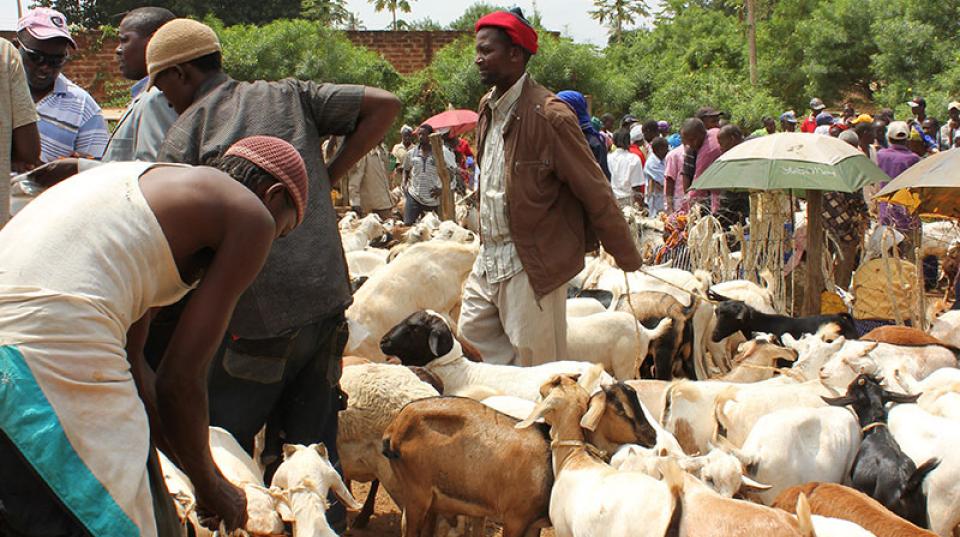Overview
This project aimed to expand the operational capacity of the System for Land-based Emissions Estimation for Kenya (SLEEK) program and to share this knowledge and tools with others.
Forests and agriculture are inherently linked, particularly in mixed landscapes and where land use and management practices change regularly based on climate, market opportunities and political/social structures. Despite this, there have been relatively few efforts to create integrated Greenhouse Gas (GHG) emissions estimation systems for the land sector. Instead, each component, such as forests, crops and livestock grazing, is estimated using independent methods and data. However, the increasing needs of countries to drive mitigation outcomes requires systems that can estimate and project the effects of programs and policies and produce outputs directly relevant to landholders and policy makers. This will require operational, integrated land sector GHG estimation systems.
The project designed and tested options for linking an operational livestock model to an existing integrated system for estimating GHG emissions from forests and agriculture: the System for Land-based Emissions Estimation for Kenya (SLEEK). This will be done by linking the existing SLEEK data (such as soils and climate), models (protype pasture growth) with a Tier 2 livestock model and data using the SLEEK integration system (Full Lands Integration Tool). This innovative work will not only directly support Kenya but will provide other countries with a generic framework and operational example they can also use.
Project outcomes
- Creating an open-source spatially referenced enteric fermentation module that is compatible with the SLEEK system.
- Developing a database of available data for Kenyan livestock.
- Producing a report outlining the options for developing a spatially explicit enteric fermentation module.



